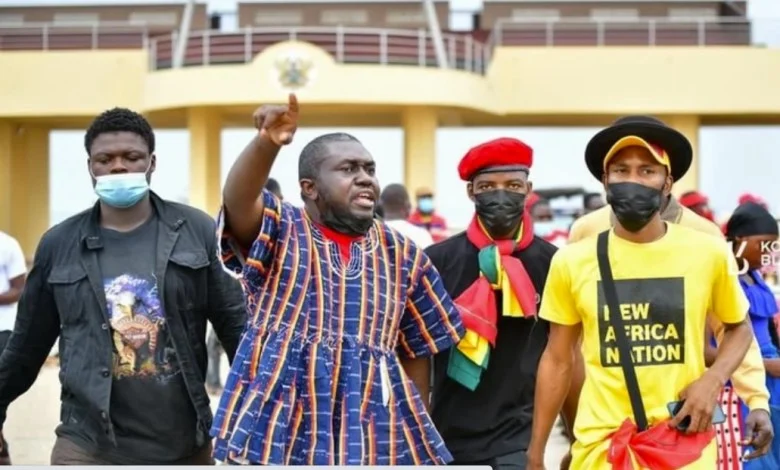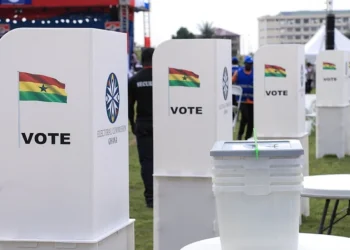Lawyer and political activist Oliver Barker-Vormawor has sharply condemned the growing trend of criminalizing speech by Ghanaian governments, following the attempted arrest of Hon. John Ntim Fordjour.
While he acknowledged that the MP’s comments were reckless and ill-judged, Barker-Vormawor cautioned against the government’s increasing reliance on punitive measures to suppress speech.
He warned that such actions undermine democratic governance by eroding the foundational principles of free expression and open dissent.
“…But criminalising speech, even foolish and false speech, is a terrible way to govern a democracy. It makes martyrs out of mischief-makers and heroes out of half-truth hustlers.”
Oliver Barker-Vormawor
Rather than support Fordjour’s comments, which he deemed reckless, the activist stressed the need for proportionate responses rooted in democratic values.
He argued that even when public speech is riddled with falsehoods or inflammatory exaggerations, the state’s first response should never be punitive.
According to him, Ghana is veering off course by allowing speech—however flawed—to become a legal matter.
“Instead of handling this through Parliament’s privileges process — which is designed precisely to hold MPs accountable for reckless speech — the state’s first instinct was to dial the arrest option.”
Oliver Barker-Vormawor
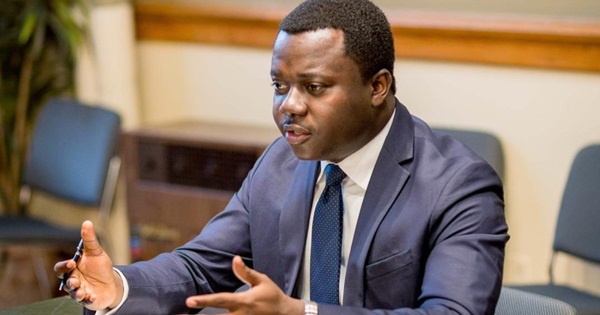
To Barker-Vormawor, the government’s heavy-handed response does more damage than good, often lending more visibility and legitimacy to questionable claims.
He pointed out the irony of attempting to discredit someone by arresting them, arguing that such actions often backfire by turning the individual into a symbol or “hero” in the public eye.
He also mocked Fordjour’s recent media appearances, likening his behavior to someone overly eager to share unverified information—much like “a relative flooding family WhatsApp groups with questionable content“.
Criminalizing Speech Intimidates Public
Furthermore, Oliver Barker-Vormawor cautioned against the instinct to treat speech as a criminal offense simply because it challenges those in power, offends personal or political egos, or casts the country in an unflattering light on the global stage.
He warned that this approach does not only suppress dissenting voices but also sends a dangerous signal that power can be shielded from scrutiny through intimidation.
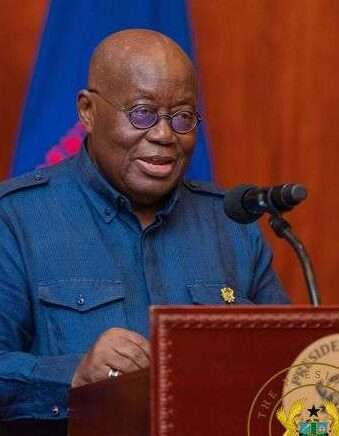
“Speech must be decriminalised — not because speech has no consequences, but because not all consequences should involve a prison cell.”
Oliver Barker-Vormawor
His emphasis was not a blanket call for impunity but a reminder that democracy comes with its own mechanisms that do not involve force or incarceration to hold leaders accountable.
“When elected officials abuse their platform, let’s use the tools democracy has provided: censure, privilege committees, public debate — not police cells and patrol pickups.
“If we keep this up, we may just end up jailing every Ghanaian with a Twitter account over the next four years. Akufo tried and failed. He shouldn’t be our example.”
Oliver Barker-Vormawor
Ghana’s Jails, Not The Answer
Barker-Vormawor, who has himself been detained on several occasions, noted that the country’s prisons are already overburdened—and certainly not the solution to political disagreements.
“…the prisons are already full. Isn’t that why we are letting the Chinese go?” he remarked, alluding to perceived injustices in Ghana’s justice system, especially regarding foreign offenders.
Despite his criticism of Fordjour’s comments, Barker-Vormawor made it clear that outrage over speech must be handled with maturity, not heavy-handedness.
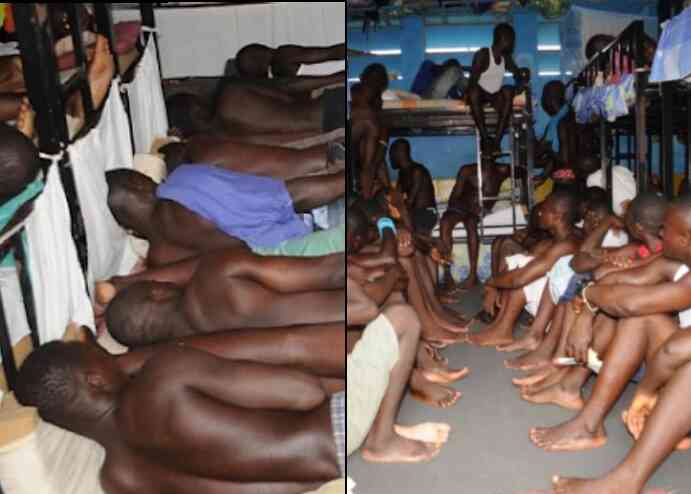
He challenged the ruling party, the NDC, to keep its focus on exposing corruption rather than getting entangled in battles over statements made by “clergy-turned-politicians“, Hon. Fordjour.
“Charley, I have been in jail so many times to know it’s inhumanity. I pray we reserve it for true nationwreckers like Akufo-Addo, Ofori-Atta, Gabby Otchere, Dummy, Bediatuo… hell, the whole mafia and associates! Focus NDC! Focus on thieves la!! More of ORAL, less of Reverends.”
Oliver Barker-Vormawor
Meanwhile, the attempted arrest of Hon. Ntim Fordjour stems from his reported refusal to cooperate with National Security in an investigation into recent allegations of drug trafficking he made.
However, for Barker-Vormawor, the message is as much about strategy as it is about principle. Ghana’s democracy must grow beyond retribution for dissent, especially when the dissent is as unpolished as Fordjour’s recent claims.
What the country needs, he argued, is democratic maturity—one that can distinguish between misinformation and genuine threats and between censure and persecution.
His words, even when laced with sarcasm, echo a serious warning: Freedom of speech is not optional in a democracy—it is foundational.
And Ghana, if it is to sustain its democratic promise, must not let criminalizing speech become the new normal.
READ ALSO: CalBank Slips by 2.78% Despite Doubling Share Value Since January

